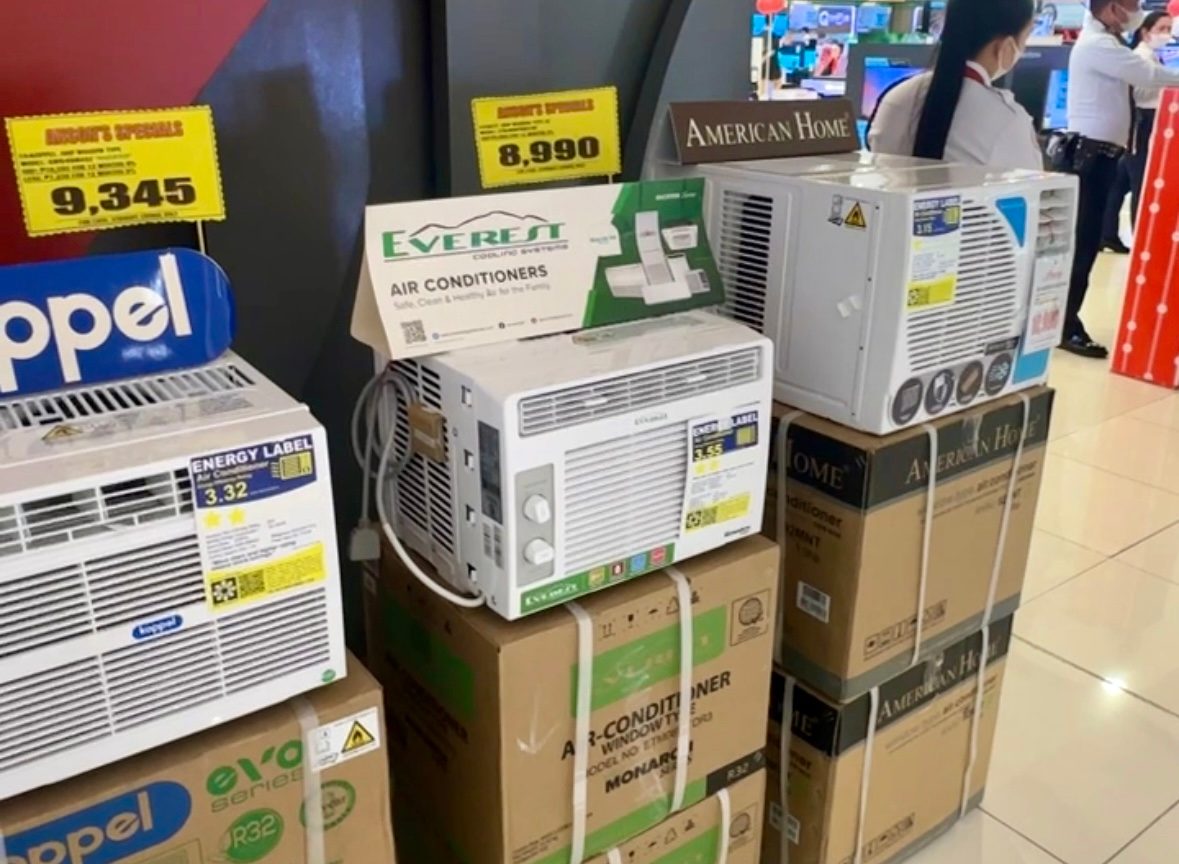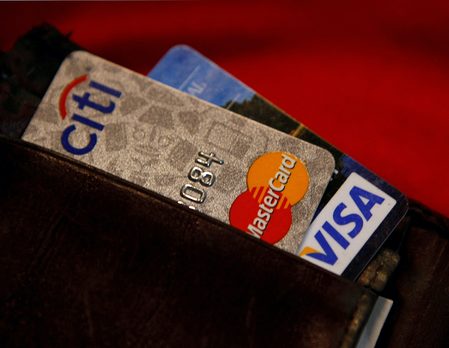SUMMARY
This is AI generated summarization, which may have errors. For context, always refer to the full article.

MANILA, Philippines – If you recently bought an air conditioner in hopes of escaping this summer’s excessive heat, you’re definitely not alone.
Consumer finance company Home Credit has reported a surge in air conditioner sales since mid-March, with more than 1,000 units being sold every day through the company’s credit services.
“Every day, more than 1,000 aircons are being sold through Home Credit, giving hopefully some relief from the extreme, extreme heat that we’re experience this year,” Home Credit chief sales officer Puneet Suneja said in a media interview on Monday, May 13.
It’s no coincidence that air conditioner sales have reached record highs this summer. In late April, the heat index already hit a scorching 53°C in Iba, Zambales. To escape the heat, thousands of schools all over the Philippines have also resorted to online learning.
With temperatures going dangerously high, Filipinos needed a way to cool down, and Home Credit jumped at the opportunity to provide it.
“We knew that in summer there will be demand. There were projections it would be a very hot summer, so we went after this very aggressive 0% interest campaign. Customers can buy it very, very easily without any cost of interest,” Suneja said.
The chief sales officer said that this was “a significant growth” from the number of air conditioners they were financing in 2023, which was below a 1,000 a day. Home Credit has already sold over 500,000 air conditioners in the 10 years that it has operated in the Philippines.
This summer, people aren’t just buying more air conditioner, they’re using them more too. Manila Electric Company (Meralco) reported higher sales in the first quarter of 2024 as households and commercial buildings cranked up their air conditioners.
“An approximate 2.5 GWh of consumption per day is noted for every degree rise in temperature,” Meralco said, as hotels, schools, and restaurants turn to cooling equipment “to ameliorate increasingly warmer ambient temperatures.”
Solar panel financing
Besides helping Filipinos buy air conditioners, Home Credit may also soon expand into offering consumer financing for costly solar panels.
“In June, we expect to start our first loan for solar panels,” Suneja said. “We believe we would be able to finance for a residential home.”
Home Credit may provide up to P200,000 to P250,000 in financing for residential solar panels, which “would cover basically every residential need that our customers would have,” according to the the chief sales officer.
“We are going to be pioneers in growing this as a non-bank organization,” Home Credit chief business development officer Zdenek Jankovsky said in the same interview Monday.
Since 2013, Home Credit has disbursed P320 billion in loans across 23 million loan transactions. The consumer finance company has served more than 10 million customers and projects to grow its customer base to 11 million before 2024 ends. – Rappler.com
Add a comment
How does this make you feel?







There are no comments yet. Add your comment to start the conversation.